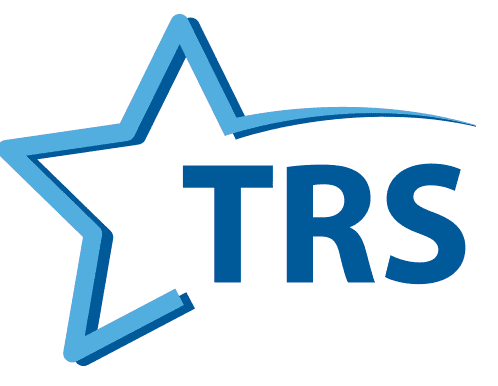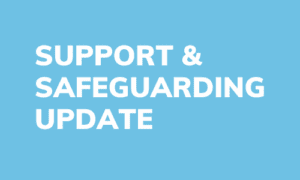With most of us being away from work for months, we might be missing what is often called a “bit of friendly banter”.
Working in a supportive environment often includes having a bit of a laugh. It’s true to say that a friendly working atmosphere is an essential factor in determining whether people enjoy their job. However, what about when banter crosses the line? In other words, when the laugh is at the expense of another? It’s important to note that there is a fine line between banter and harassment or bullying.
Appropriate Boundaries
Most comments and jokes are not intended to cause harm. However, even a throwaway remark can have a negative impact. In fact, in some cases, it can lead to individuals leaving their job. Research has uncovered that women are twice as likely as men to be affected; at the same time, they are less likely to speak up. And often, younger people in the workplace, for instance, apprentices, may well feel intimidated or out of their depth if the joke is on them.
Employers must set appropriate boundaries and communicate them to staff. TRS’s short course on equality, diversity and inclusion can help managers and staff understand how easy it is to cross the line and help prevent that happening.
“Just a Joke” Is No Excuse
Look out for people repeating the same ‘banter’. Or where the person on the receiving end is clearly uncomfortable. Another red flag is when banter creates a health risk, usually to mental health. Staff need to understand that “it was just a joke” is no excuse or defence.
Specifically, there are characteristics protected by law; these include age, disability, gender, pregnancy and maternity, race, religion or belief and sexual orientation.
This list helps us understand why sharing banter can mean skating on thin ice where discrimination is concerned. Moreover, banter about any of these issues can easily cross over into becoming an offence under the Equality Act 2010.
What can employers do to discourage banter?
Workplaces must have clear policies on bullying and harassment, equality and inclusion. Employers are liable for the behaviour of employees, so merely having policies in place is not enough. Tackle things head-on. Brief staff to understand what is acceptable behaviour. Deal with contraventions promptly and formally. Encourage victims of banter to speak up, although this can be challenging. Employers can be mindful of this and create opportunities for open and honest discussion. Finally, remind staff regularly how and to whom they can raise concerns.
Prevention, of course, is better than cure. A workplace that on the principles of mutual respect, underpinned by relevant policies and workplace practices are less likely to have staff affected by banter. Furthermore, employees who feel happy in their workplace will be more productive.
Employers may find it useful to download the TRS policy on bullying INSERT LINK TO PDF BULLYING POLICY and adapt it for their own company.
Landing In Hot Water
As an example, sexual comments or jokes are a big no-no at work. Likewise, anything that can make someone feel like you are violating his or her dignity is an offence. The Equality Act also outlines how instruction, causing or inducing someone to discriminate is an offence. Therefore, a group of employees collaborating in alleged banter directed at another colleague can land themselves in hot water.
Remember; at the centre of the ‘banter’, there is an employee or apprentice who might be great at their job but not enjoying the workplace. Worse still, the banter may be compromising their mental wellbeing.
Apprentices and Banter
If any TRS apprentice feels that banter has tipped over into bullying or harassment, we strongly urge you not to suffer in silence. Seek out your workplace mentor for guidance and advice, or find out who has responsibility for staff wellbeing at your place of employment. You can also find details on how to get in touch with the TRS safeguarding team here.
External Sources of Support
The National Bullying Helpline provides advice about bullying and harassment at work. Call 0845 2255787, 9 am to 5 pm Monday to Friday.




